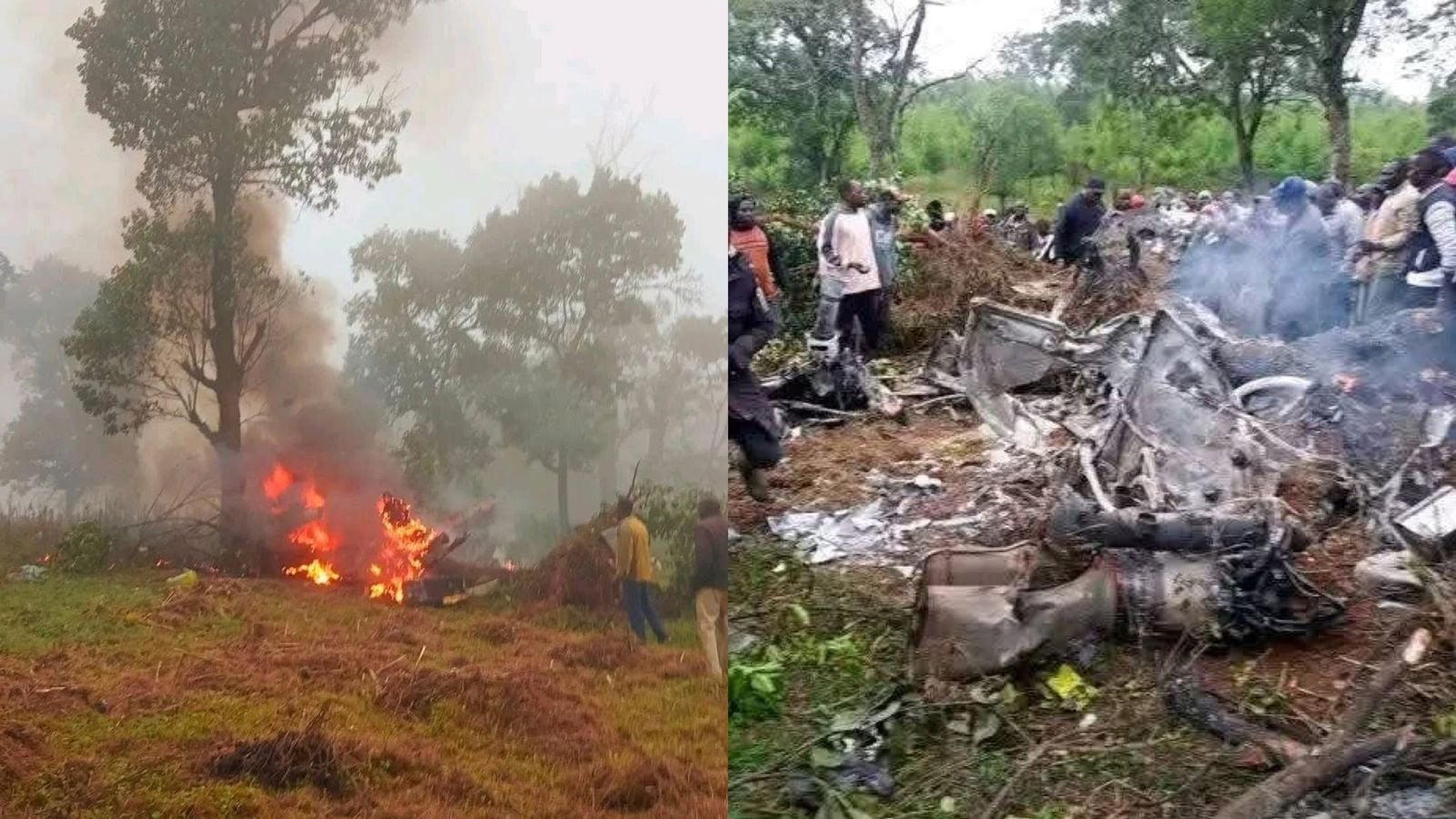By Kennedy Buhere
The debate about the place of parents in the education of their children has brought to my mind an experience I had in the early 2000.
Around that time, my first born son came home saying his Pre-School teacher had asked them to narrate a story in their class as the rest of the children listened.
Every child had been asked to source the story they would amuse the class with from their parents—for those who had no story to give.
“Please tell me a story so that when I am called upon to tell a story, I will be ready,” I recall my son telling me.
Read More
Up until then, I had not narrated any coherent story to him and his siblings. This was unfortunate. By the time I had attained his age, I had lots of stories in my head, stories our mother and grandmother had separately entertained us with.
Our mother had a small book in Luhya language, entitled Tsindalo tsia Amanani—which Mr. Barrack Muluka has translated as The Ogre Days. She read out the stories—sentence by sentence—just before we slept. We hadn’t then started formal schooling and if we had, we hadn’t then known how to read.
Similarly, our late grandmother entertained us with many stories. Again just before we slept—when we found ourselves going to sleep in her house.
Unlike our mother who read out the stories from a book, our grandmother narrated the stories from her memory. She had more stories in her head than the ones our mother read out to us.
Intriguingly the storyline of some of the stories we had had our mother read out to us were exactly the same—except that our grandmother added finesse or dramatics in the narration.
I recalled all these memories with renewed respect for the two women who, in their separate ways, played an inexpressible role in my life. They each gave me an educational experience, a moral code that still lingers in my life.
Unfortunately for my son, I didn’t have the strong memory of my grandmother had to gladly start spinning stories for him. Nor did I have a copy of the book from which our mother read out titillating stories from Luhya folk culture.
I quickly thought of the Bible stories. I reread complete stories in the New Testament, particularly the Great Parables, and other stories that could stand on their own from the Old Testament. Within two to three days, my son had a range of stories from the Bible he could fall on, to defend himself in his classroom.
I didn’t stop at the Bible Stories. I decided to buy books our local publishers have published from various countries—particularly folk stories. The stories are fairly short and less complicated in plot than the modern stories written by modern authors. I read them and entertained them with the stories: my son’s siblings were also equally excited listening to the stories.
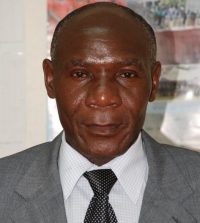
File image of Kennnedy Buhere
The books I bought with a view to reading and narrating the stories became valuable reading materials when they joined primary schools and were able to read them on their own.
There is something the pre-primary school teacher did to me. She brought home to me the need to not only share relevant storylines with the children; she also indirectly made me start buying age and grade appropriate books for my children.
I have since bought countless books as they went along the educational ladder. I have bought classical and modern children’s books—mythologies, novels, poems, short stories. I have bought books on biographies of great men in politics, religion and science.
I was anxious that should I not do it, the children will miss out on the cultural and intellectual heritage all literate people with a basic education, ought to be acquainted with.
I gather from the debate on parental involvement in the education of children, that I was filling this role although without my knowledge. I also gather that my mother and grandmother played a larger than life role in my education.
I don’t know. My mother and grandmother are probably the reason why I found myself in the field of journalism and communication. They are perhaps the reason I write to share knowledge and information, gratis, the way they did in their time.
Parental involvement in the education of their children is not and should not be burdensome. Nor must one necessarily be literate. All that is needed is for the presence of parents in the lives and education of their children and provide guidance, direction and moral and emotional support.
Parental involvement is something that makes a difference at all educational levels of their children, although its influence decreases as the student progresses in age. It is, however, still needed when children are having learning and behavioural difficulties. The presence and concern of parents can affect the decision of whether the student wants to continue learning or not.
Parental involvement in the education of children implies among others, that teachers invite parents to regular school meetings and events and that parents voluntarily commit to prioritizing these goals.
Additionally, parental involvement means creating or providing a conducive environment at home. It means ensuring the safety of children while doing schoolwork from home.
It doesn’t require technical knowhow of the curriculum. That is the preserve of the school and the teacher’s child.
My mother and grandmother didn’t have the technical knowledge of reading—the alphabetic principle—the idea that letters and letter patterns represent the sounds of spoken language. My mother had had elementary education while my grandmother was totally illiterate. My mother and grandmother didn’t know the intricacies of the spoken and written word. But they taught us something. Listening skills, the structure of stories, the emotions embedded in stories.
Parental involvement in the education of their children doesn’t require literate or rich parents. It requires affection and care for the education of one’s children. Everything else falls in place.
Kennedy Buhere is the Communications Officer at the Ministry of Education, Kenya.
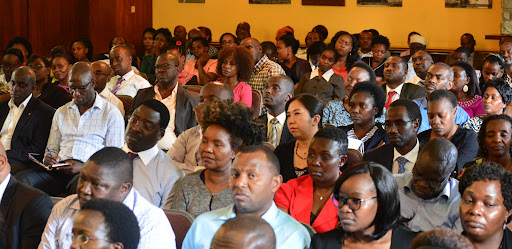
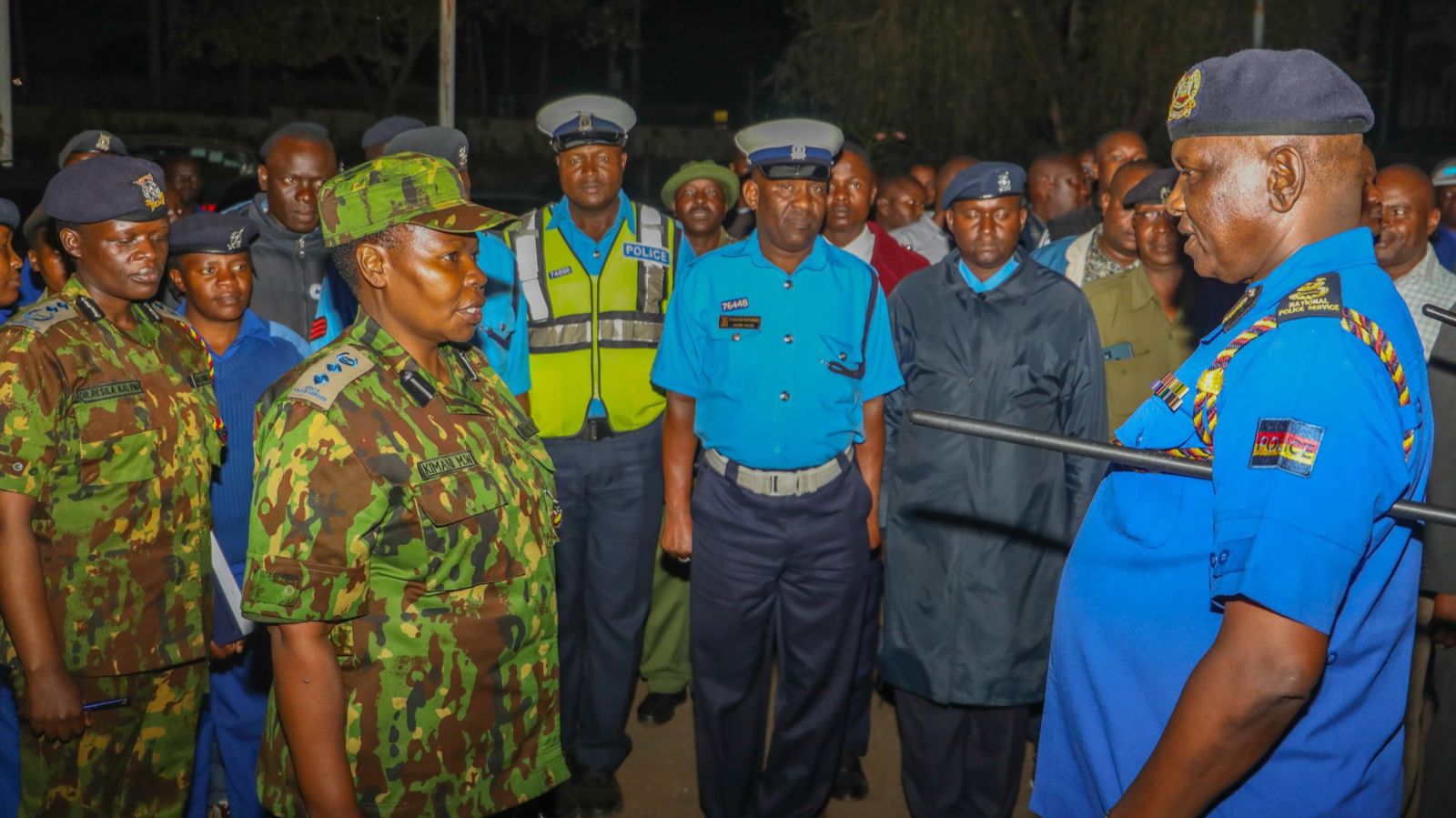
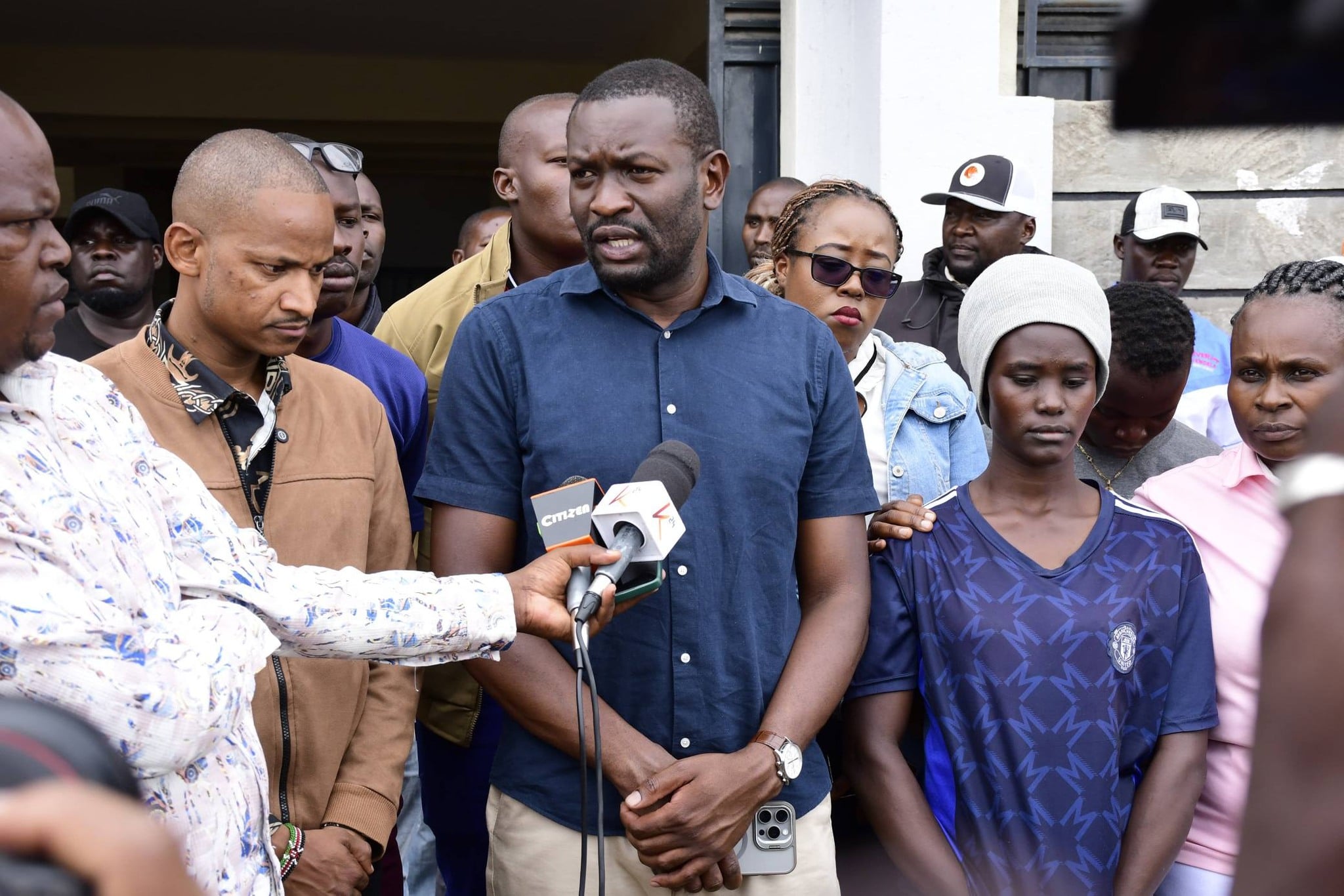
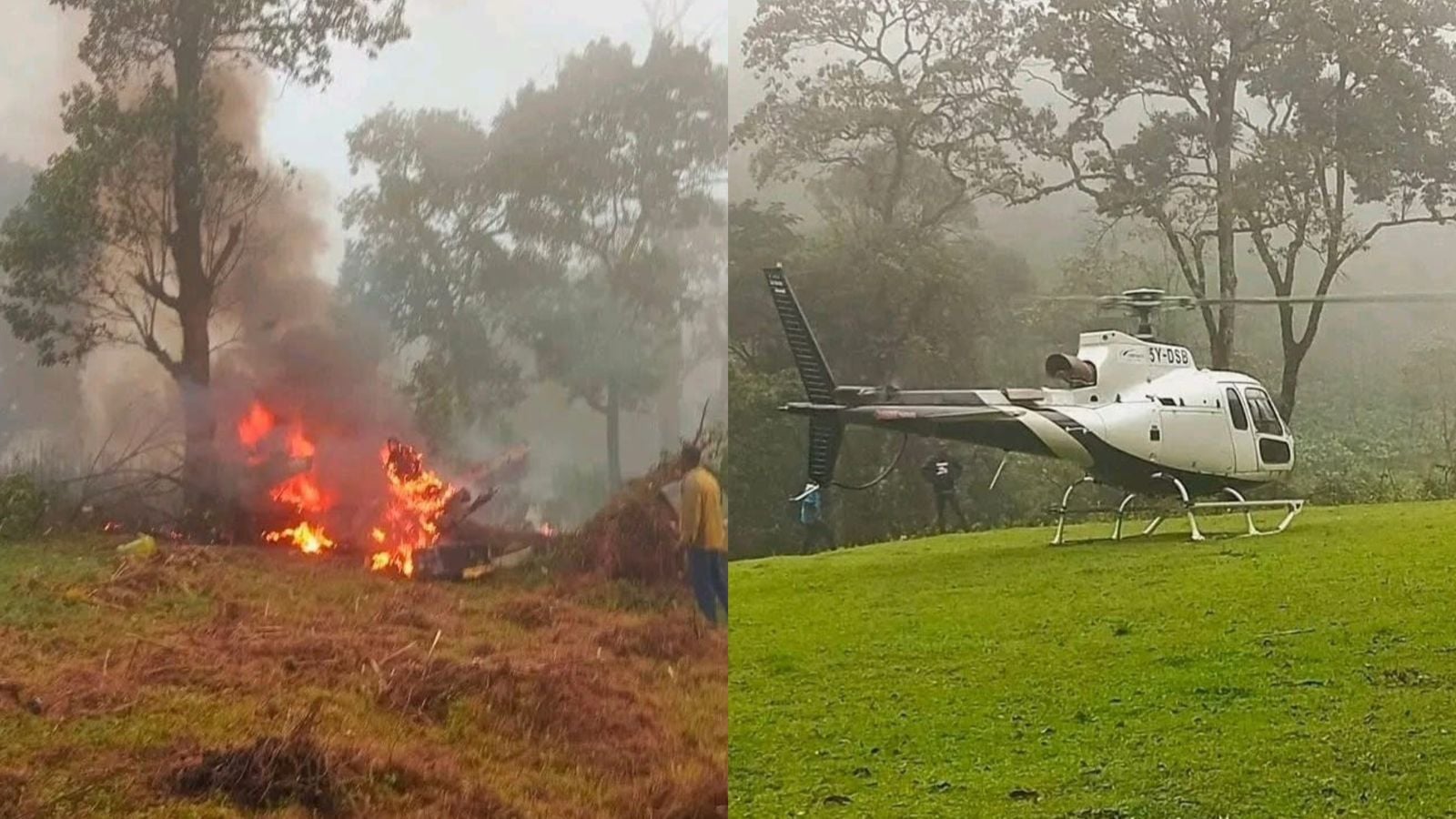
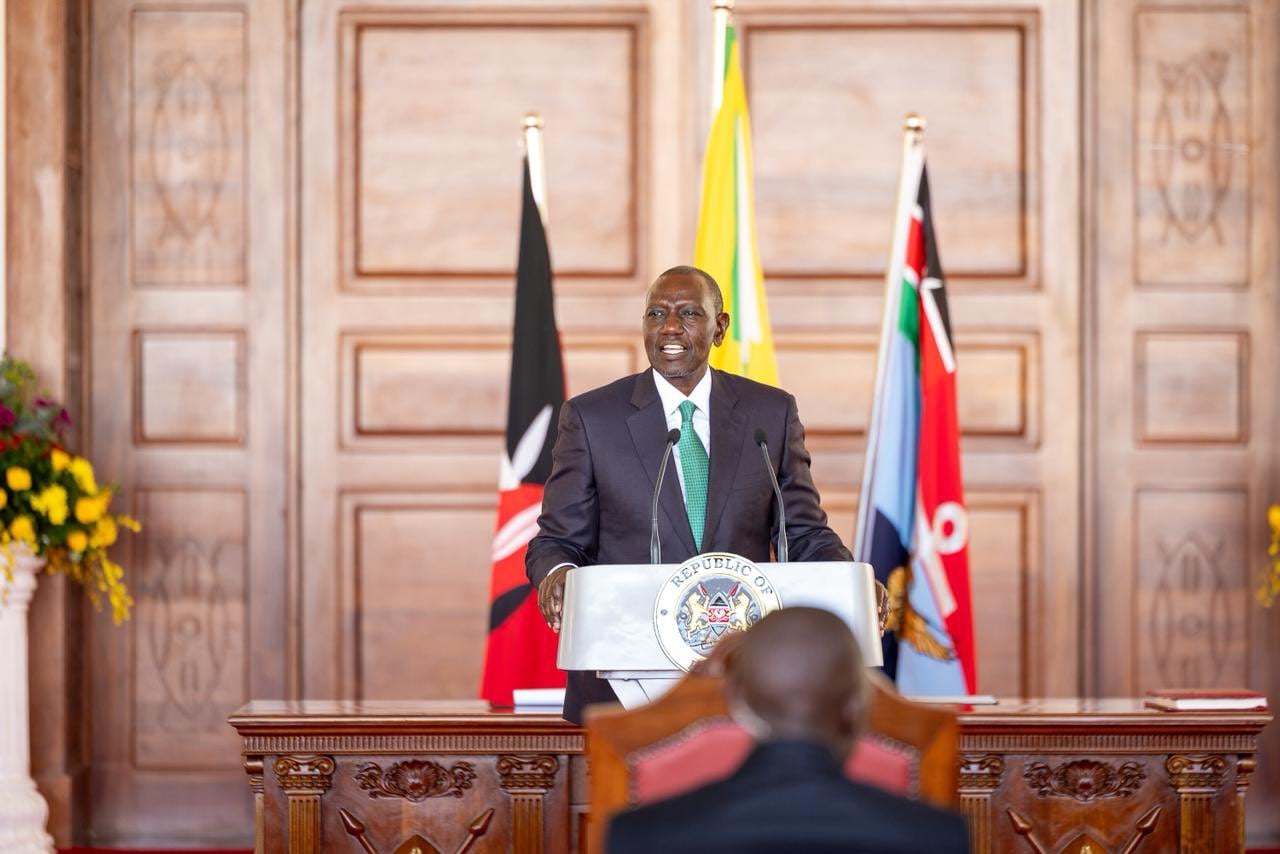
-1772427756.jpg)
